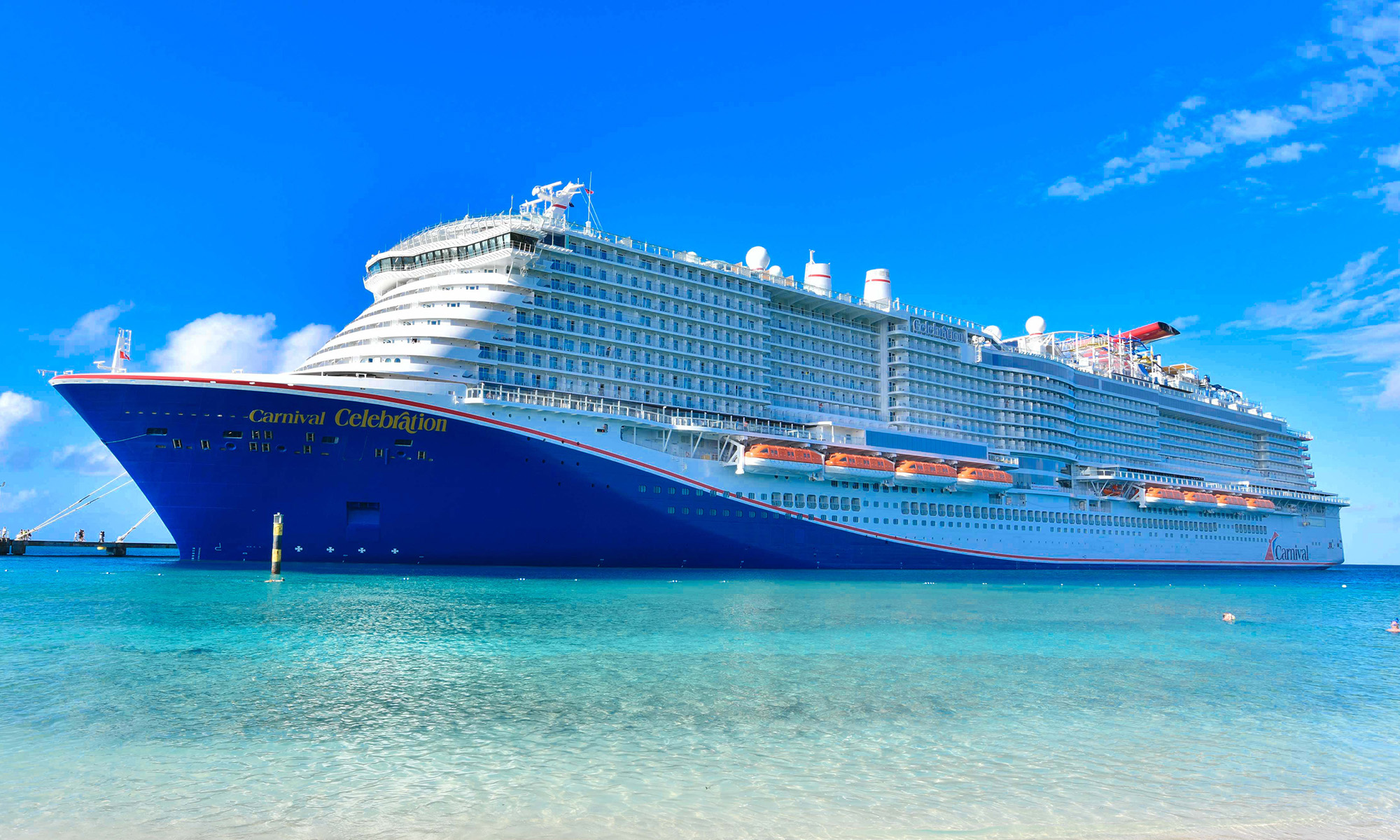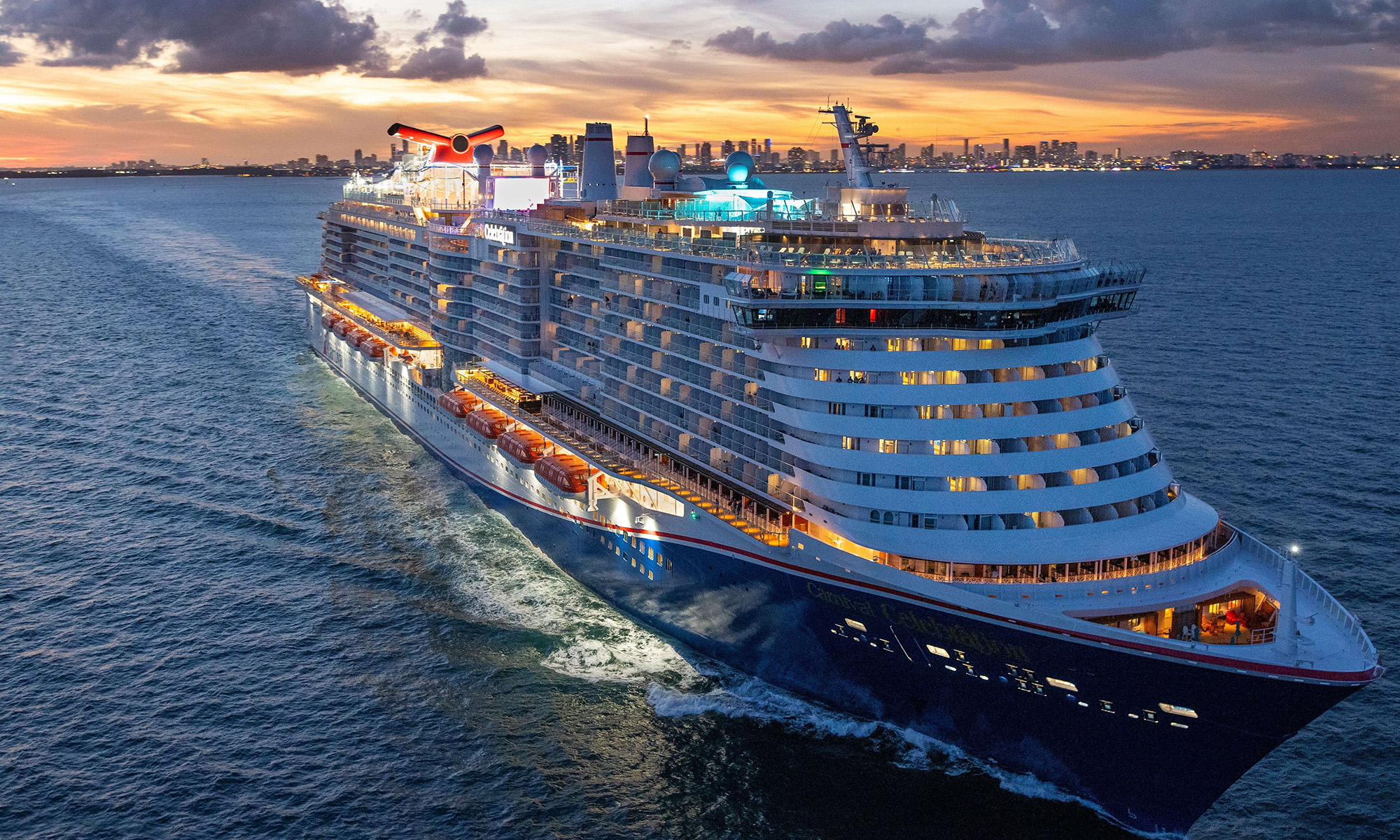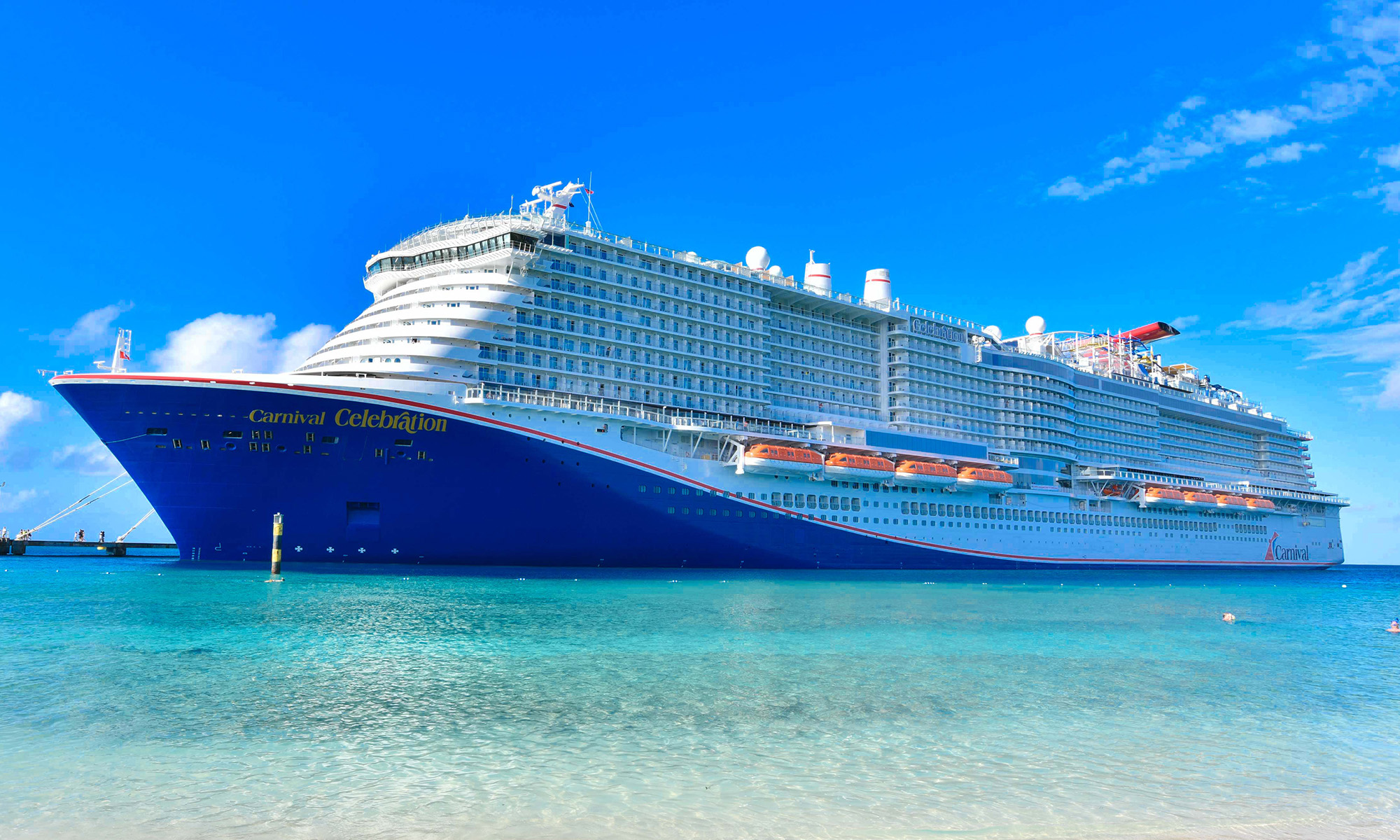America is starting to reopen its economy, and this is great news for tourism companies like Carnival Corporation (CCL +0.44%) (CUK +0.32%). The cruise ship operator has seen its share price rocket from a low of $7.80 in early April to $19.44 as of Monday's market close. That's a 149% surge in two and a half months, and the rally looks far from over. While nothing is guaranteed, the battered tourism company has several bullish tailwinds that could send its share price even higher.
First, governments are beginning to lift restrictions on tourism. Second, Carnival can survive in a low-revenue environment because of its strong balance sheet and liquidity. And finally, the company's valuation is still very low compared to its pre-crisis revenue and earnings.

Image source: Getty Images.
The tourism industry is reopening
Travel and tourism make up around 10.4% of global GDP, and governments around the world have big incentives to reopen the industry in time for the lucrative summer season. Things seem to be moving faster in Europe, where countries are further along the pandemic curve.
German river cruise operator Nicko Cruise was the first European line to resume voyages. And Connecticut-based American Cruise Lines is resuming trips in June. The company plans to sail out of Portland, Oregon, and traverse the Columbia and Snake Rivers despite the CDC-mandated No Sail Order.
Small operators like American Cruise Lines (whose ships carry fewer than 200 people) can skirt the No Sail Order because the restrictions apply only to ships carrying 250 or more passengers. But large operators like Carnival will have to wait until the order expires on July 24 before they can start sailing again. Investors should keep in mind that the order can be lifted sooner if the Secretary of Health and Human Services decides the public health emergency is over -- or it can be extended if the authorities decide cruising is still too risky.
Carnival has a solid balance sheet
The good news is that Carnival is well equipped to survive in a low-revenue environment until restrictions are lifted. That's because the company has a respectable pile of cash on its balance sheet and has drastically reduced its expenses.
Carnival raised a combined $6.4 billion in debt and equity financing to help shore up its liquidity. On top of that, the company has announced a combination of layoffs, reduced workweeks, and salary reductions that are expected to save hundreds of millions of dollars annually. According to CEO Arnold Donald, Carnival has enough liquidity to meet all its obligations in a zero-revenue environment for the rest of 2020, which would be a worst-case scenario.
Arnold further states that 2021 cruise bookings are strong. And competitor Norwegian Cruise Lines reports that 2021 bookings are within historical ranges despite higher prices. This is important because the cruise industry will probably need to sail at reduced capacity to ensure safety onboard, which could lead to a situation where demand outstrips supply, giving the industry better pricing power.
Carnival also plans to stagger fleet reentry to optimize its operations based on demand and doesn't expect any demand issues in the start-up period of operations.
A high-risk/high-reward investment
Carnival Corporation remains a risky stock, despite the bullish headwinds. That's because the company faces risk from things outside its control such as a possible second wave of coronavirus or an extension of the CDC's No Sail Order. Meanwhile, the $6.4 billion of debt and equity financing raised earlier this year will expose investors to dilution and higher interest expense over the long term.
With that being said, Carnival stock is still trading 64% below its pre-pandemic 52-week high of $53.34. This suggests that there is still potential for the shares to bounce back when things return to normal. The company's strong balance sheet and the reopening of the tourism industry make the stock worth considering for risk-tolerant investors who believe in the long-term success of the cruise industry.







